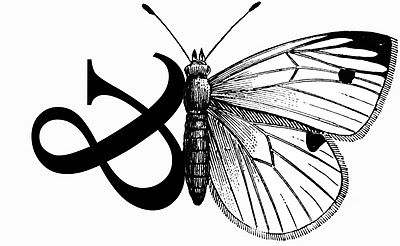The closing date is less than a week away for New York City-based PEN American Center's literary competitions for poets, fiction writers, creative nonfiction writers, and translators.
The five-thousand-dollar Open Book Award is given for a book of poetry, fiction, or creative nonfiction by an author of color. Award alumni include poets Harryette Mullen and Willie Perdomo, fiction writer Victor LaValle, and creative nonfiction writer Joy Harjo.
In fiction, the PEN/Robert Bingham Prize offers twenty-five thousand dollars for a first novel or story collection published in 2011. Danielle Evans, Jonathan Safran Foer, and Monique Truong are among past winners.
Essayists may enter the PEN/Diamonstein-Spielvogel Award for the Art of the Essay, which awards five thousand dollars for a collection published in 2011. Last year's winner was Mark Slouka for Essays from the Nick of Time: Reflections and Refutations (Graywolf Press, 2010).
In translation, several awards are offered, including grants of between two and ten thousand dollars each for unpublished translations. One three-thousand dollar prize competition is open specifically to published translations of poetry, another to works in any genre.
PEN also gives prizes in biography, children's and young adult literature, sports writing, science writing, and drama. For more information and guidelines, visit the organization's website.








